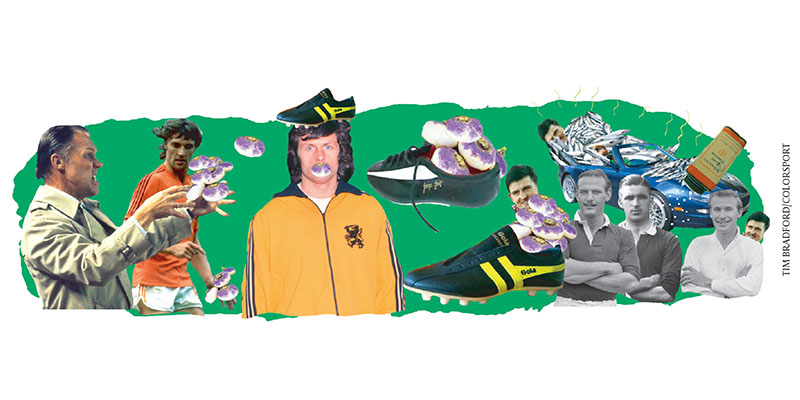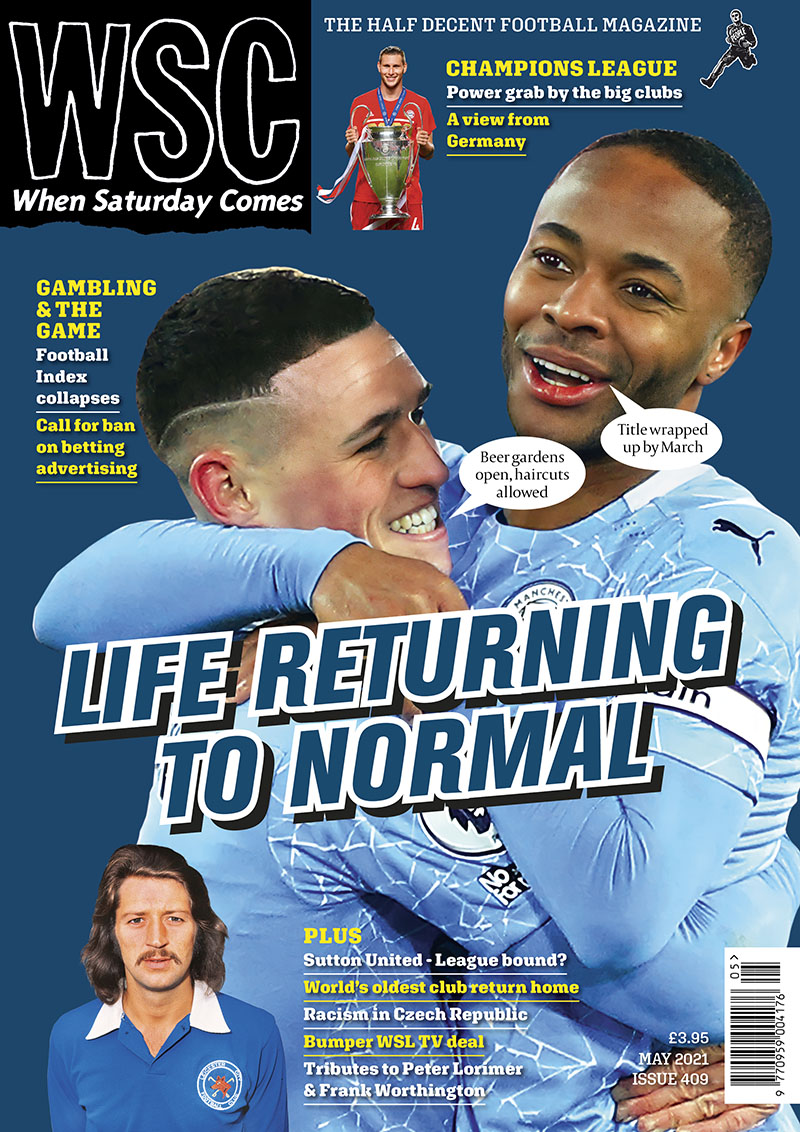
Taking a break from pondering when their Creme Eggs are going to hatch, magazine editor Andy Lyons, writer Harry Pearson and host Daniel Gray discuss Yo-yo Clubs from Dunfermline to Limassol, via the unstable world of Luxembourgian football and paternoster lifts. There is a glimpse between the pages of WSC magazine issue 409, including brick buying with John McGinlay and jury service with Kenny Burns. Record Breakers visits Vienna, Bergen and Teesside, and Dan is joined by Natalie Bromley from the No Nay Never podcast to talk all things Burnley.
In this exclusive WSC Supporters’ Club edition of the podcast, magazine editor Andy Lyons, writer Harry Pearson and host Daniel Gray are commanded by the Random Topic Generator to talk about football and medicine, from Dr Arjan de Zeeuw to boot mustard via monkey glands and horse placentas. There are also words on Peter Lorimer and Frank Worthington, and a discussion of footballing feuds including German soup clowns and rancorous team-mates. Meanwhile, Record Breakers takes us to Norrkoping, Berlin and Tottenham.

